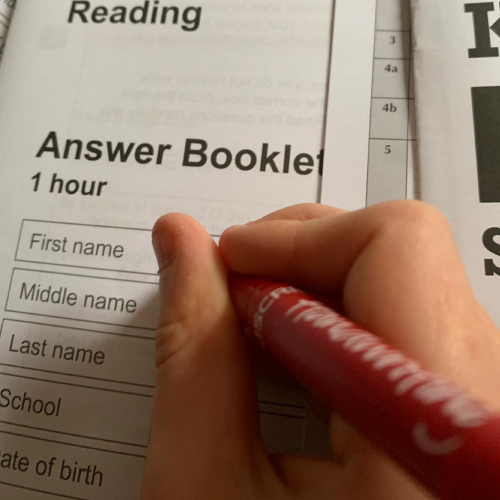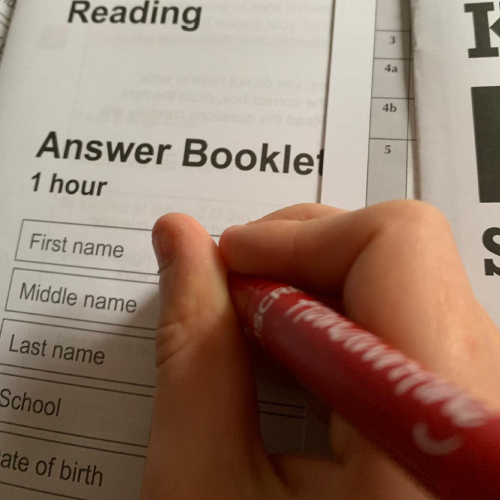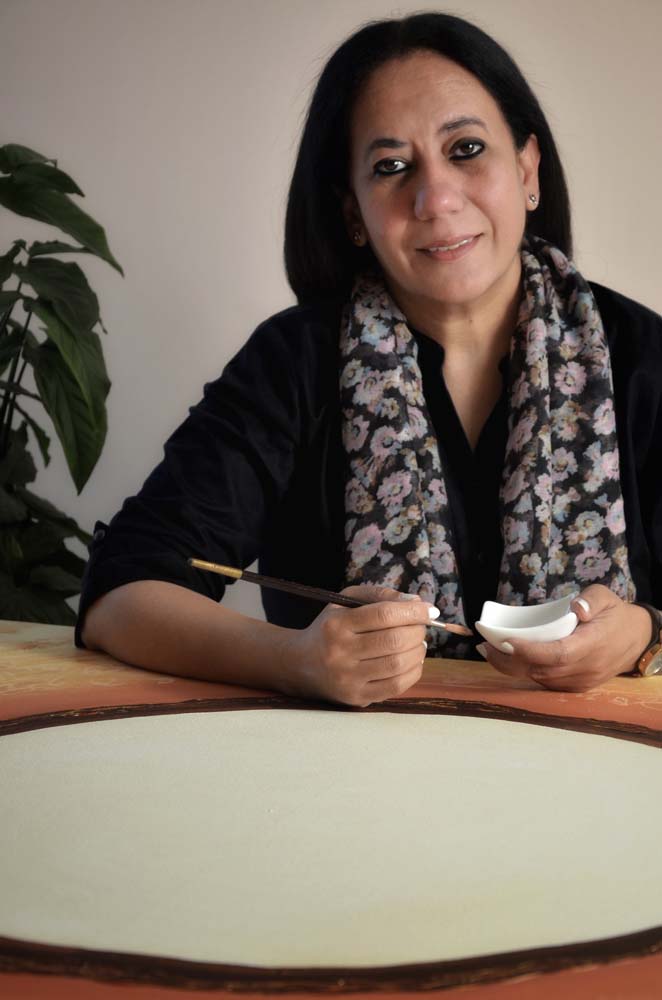Whether it’s the night before a big exam or a momentous meeting of some sort, most of us have found ourselves wide eyed at bedtime, cramming our brains with the very information we could have calmly digested in the weeks and months beforehand.
We’ve all been there, no matter how many times we lament ourselves for our 2am-tardiness. And for some of us, we’ll be there again soon enough!
With all this in mind, this blog is an attempt to erase such moments from your mind and put you on a more serene path to success.
As one great philosopher once wrote: ‘Luck Is what happens when preparation meets opportunity.’
So good luck when reading our handy tips below:
- Get organised: The best way to do this is to set dedicated time aside for when you are going to revise, at productive parts of the day. Primary school children are a good example of the point we’re trying to make here. When 10 and 11-year-old pupils are studying for their SATs, the worst time for them to revise is straight after school, when they’ve been stuck in a classroom all day. After they’ve had a snack, in a more relaxed frame of mind, works better. Weekends work wonders too, for this very reason. For older students, we recommend approaching your studies with a professional mindset, as if you’ve got a job to do and are taking care of business. Why not think of your time scale as being between 9am to 5pm with a good hour for lunch? This gives you clear boundaries and helps create a clearer mind.
- Divide and conquer: Being faced with a massive workload can be so daunting that you feel too inhibited to even begin. Split your topics into bite-sized chunks to get your teeth into. This makes learning more easily digestible! Flash cards or prompts often work well in this regard.
- Make notes: It has been scientifically proven that by making notes and hand-writing your outputs, your brain is more likely to store and recall information more efficiently. We highly recommend this for all ages. It’s a great habit to get into, and a satisfying, productive one too. For younger students, the practice of writing notes helps replicate an exam-like environment, which can’t be a bad thing.
When making notes, you can really focus and actually make your notes interactive and fun. We tend to use three type of pens for our notes;
- Manuscript Handwriter for the key messages

- Manuscript Flexi-Markers to prioritise information
- A Manuscript Duo-Tip Pen for drawing a mind flow chart / bullet note
- Manage your study space: A place for everything and everything in its place…Find somewhere that is quiet, comfortable and with everything you need at your fingertips. By sitting at a table with everything close to hand, you will create a sound structure from which to learn, which invariably increases productivity levels.
- Ask Questions: There’s no such thing as a daft question, so if you get stuck and don’t know the answer to something, then just ask a teacher, friend, colleague or parent. It’s always good to talk and share when getting exam-ready. A problem shared is a problem halved!
- Time for bed, said Zebedee! It’s a predictable one, but it never hurts to state the obvious! Probably the most important factor for all students - no matter what age - is a good night’s sleep. Don’t underestimate the importance of a good eight hours. Sleep gives your mind time to refresh, thus allowing your memory to kick in more efficiently when it’s time to get back to work. Plus, nobody likes a grump!
Whatever your age and whatever you’re working towards, we wish you all the very best of luck – not that you’ll need it!
Everyone at Manuscript



















